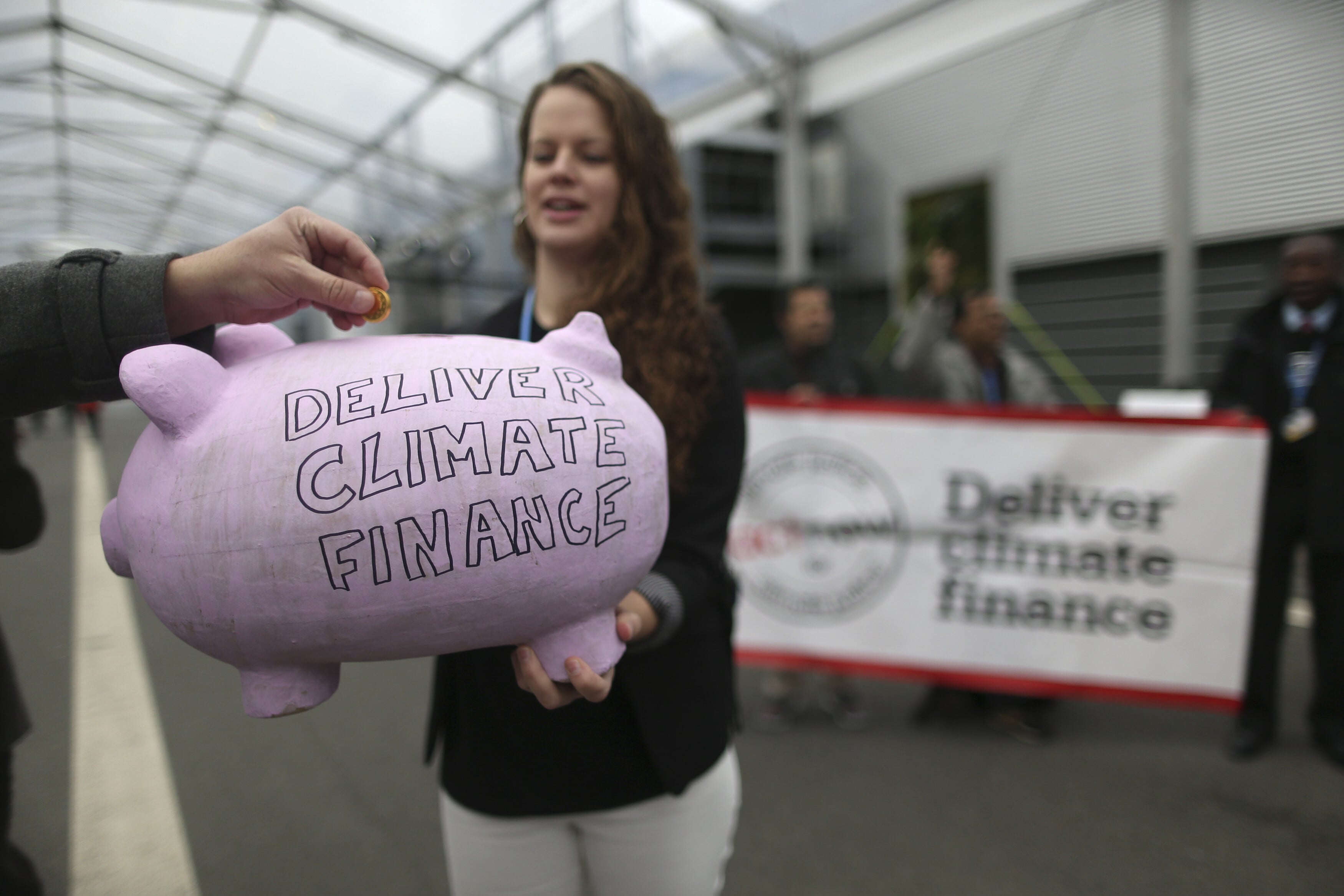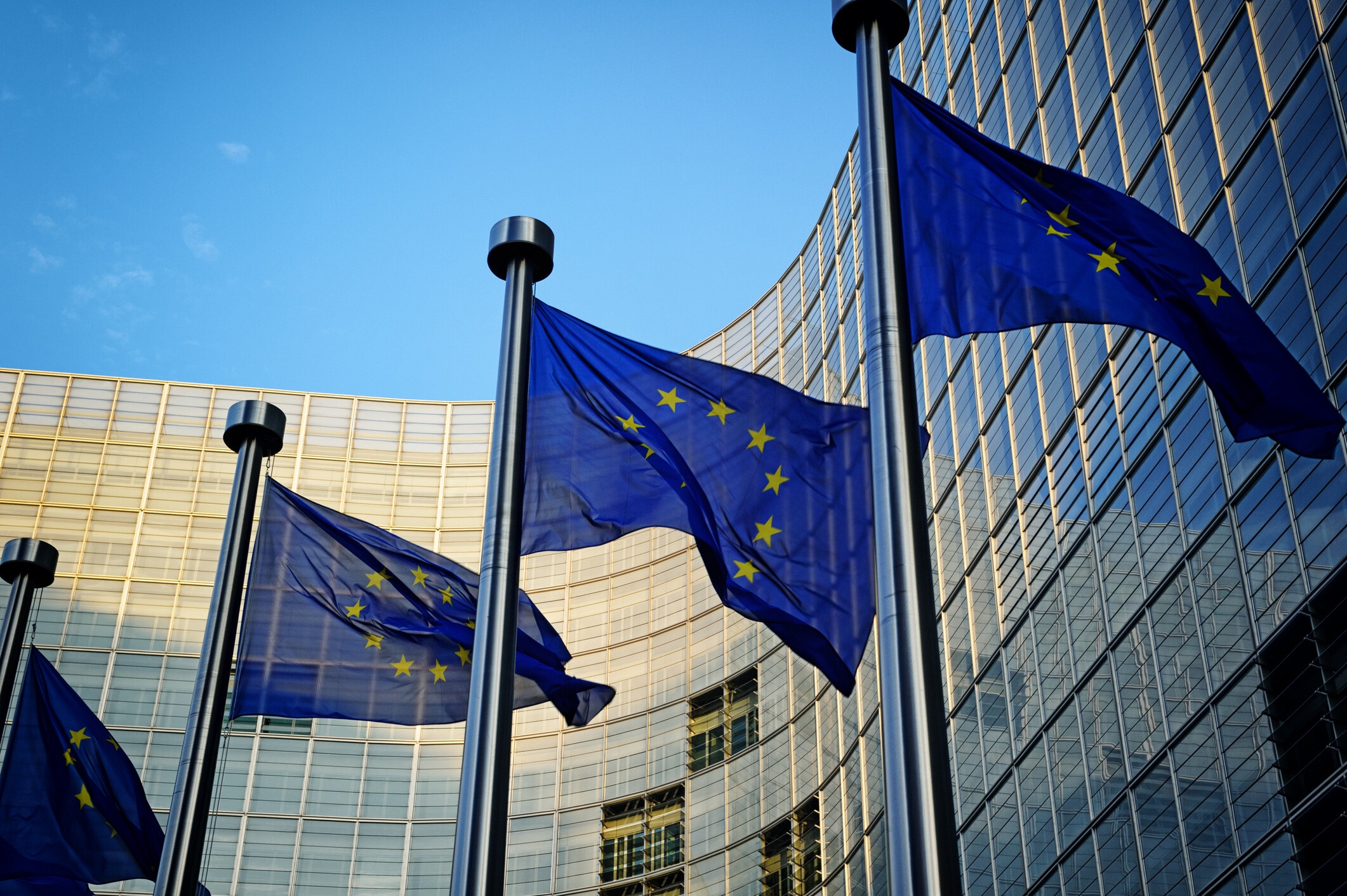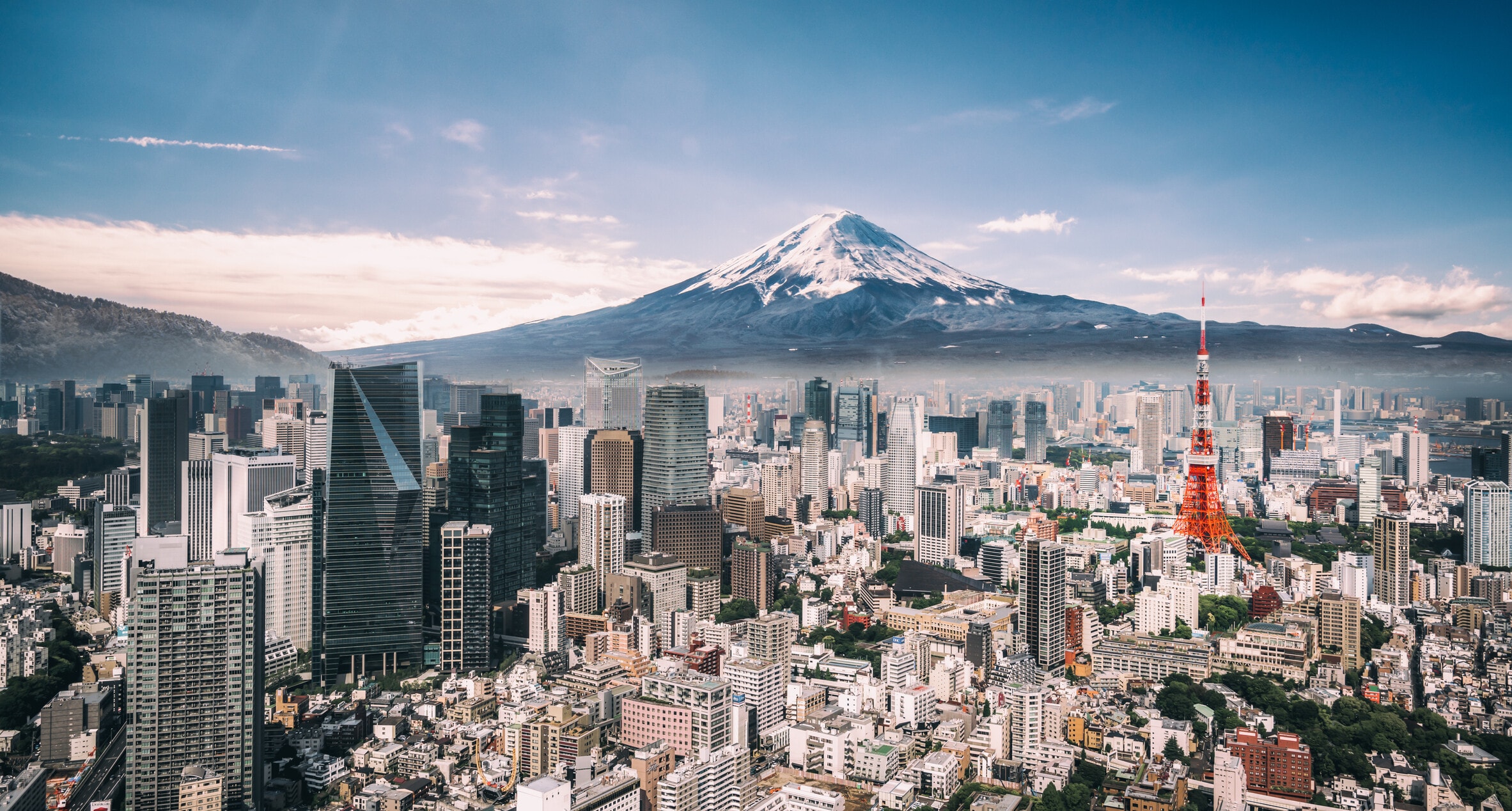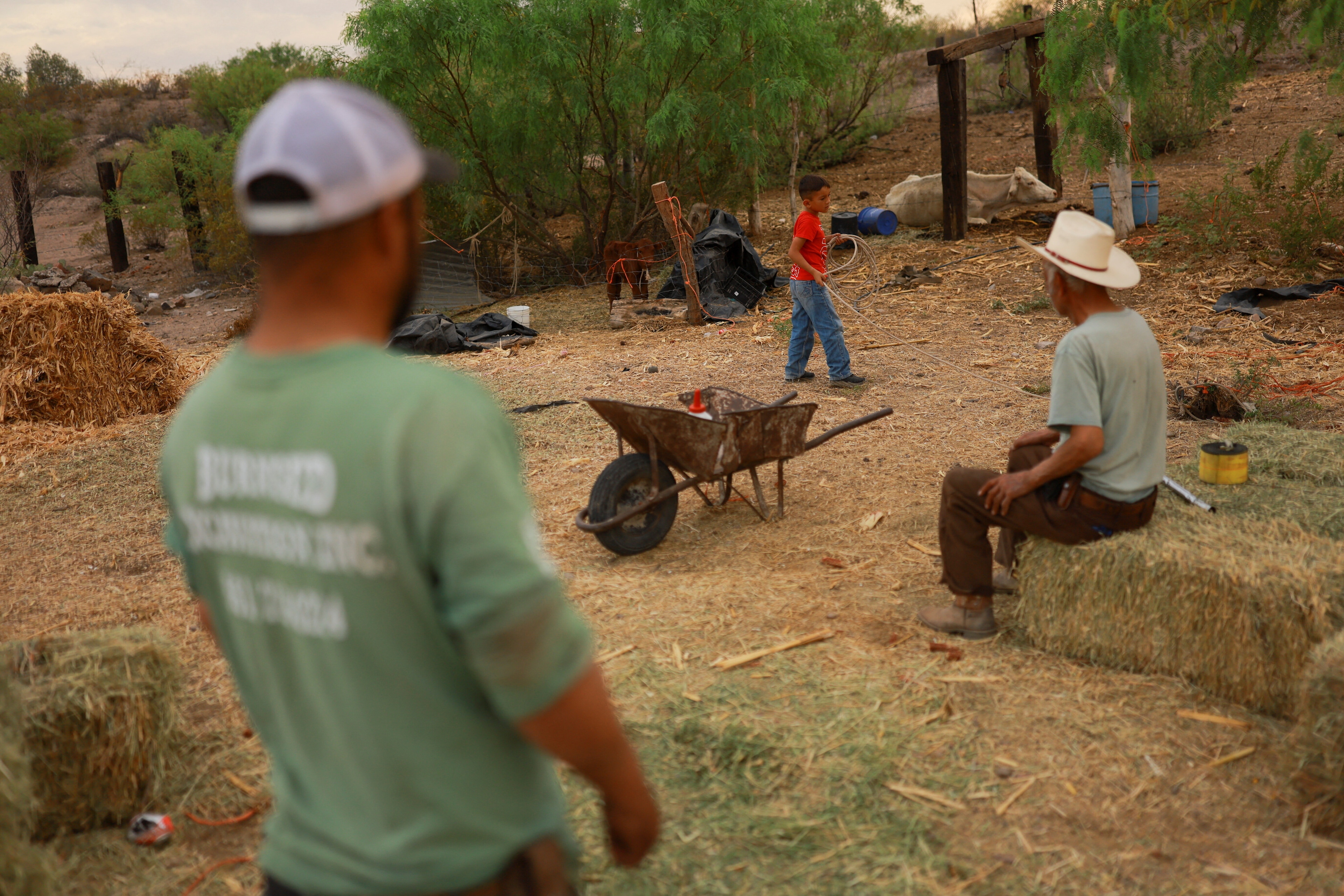This woman is running 200 marathons to help tackle the world’s water crisis

Running for water ... Mina Guli has run 100 of the 200 marathons so far.
Image: Mina Guli
Stay up to date:
Fresh Water
Listen to the article
- Mina Guli, CEO of the Thirst Foundation, is running 200 marathons in a year to draw attention to the water crisis.
- She has run over 100 marathons so far, and is aiming to complete her 200th on World Water Day in March 2023.
- A quarter of the world’s population faces ‘extremely high’ water stress, using more than 80% of their freshwater supplies each year.
- Guli wants 200 companies to commit to taking action on water as companies are the biggest water users.
Accept our marketing cookies to access this content.
These cookies are currently disabled in your browser.
Mina Guli describes herself as a reluctant ultramarathon runner. But reluctant or not, she is running 200 marathons in the space of a year to raise awareness of the world’s water crisis.
“I was that kid in the corner that no one ever picked for their sports team…I couldn’t run, I couldn’t swim and I was horrible at bike riding,” she says.
As of September 2022, she has passed the halfway mark, running 100 marathons in Australia, Central Asia and Africa since May 2022, and moving onto Europe.
Guli is CEO of the Thirst Foundation, a non-profit organization driving action on water, and a former World Economic Forum Young Global Leader. She will be running in some of the world’s most water-stressed locations, before completing her final marathon in New York on 23 March 2023, World Water Day and the United Nations 2023 Water Conference.

What is water scarcity?
We have a finite supply of water, and it is under increasing demand. As the world’s population grows, and resource-intensive economic activities use more water, many countries are finding their water supplies under pressure.
When a country withdraws more than a quarter of its renewable freshwater resources, it is said to be water stressed.
Seventeen countries, home to a quarter of the world’s population, face ‘extremely high’ levels of baseline water stress, where agriculture, industries and municipal services withdraw more than 80% of their water supply each year, the World Resources Institute estimates. A further 44 countries, home to a third of the world, face ‘high’ stress levels, withdrawing more than 40% of their water.
With demand so close to supply levels, these countries are vulnerable to fluctuations in water levels through drought or increased water use.
Climate change is making water scarcity worse, causing more frequent droughts and making water supplies less predictable.
What is the Forum doing to address the global water challenge?
Inspiring companies to take action on water
Guli has form running marathons to draw the world’s attention to the water plight - in 2016 she ran 40 marathons across seven deserts in seven continents over seven weeks.
Her latest campaign, Run Blue, aims to inspire companies to take action on water in the lead up to the UN Water Conference.
“Companies currently account for nearly 90% of the world’s fresh water use, which means companies can become the biggest problem solvers for water,” she says.
Accept our marketing cookies to access this content.
These cookies are currently disabled in your browser.
She wants 200 companies - one for each of her marathons - to assess their water risk, understand where they need to improve and implement a plan to improve their water use. Two-thirds of companies currently face substantial water risk, either through their direct operations or their supply chain.

“Globally we need to close the gap on the targets set out in the United Nations Sustainable Development Goal 6 – clean water and sanitation for all,” she told The Freshwater Blog.
“Unfortunately, we are way off track to achieve these targets by 2030. With the first United Nations Water Conference on water in almost 50 years coming up in March 2023, now is the time to ensure urgent action on water happens.”
UpLink, the World Economic Forum's open innovation platform, recently announced a partnership with tech company HCL to source and invest in entrepreneurs who are working on solutions that could help solve the global water crisis.
The partnership's first innovation competition, the Global Freshwater Challenge, is calling for innovations that restore water quality and strengthen climate change resilience.
Accept our marketing cookies to access this content.
These cookies are currently disabled in your browser.
Don't miss any update on this topic
Create a free account and access your personalized content collection with our latest publications and analyses.
License and Republishing
World Economic Forum articles may be republished in accordance with the Creative Commons Attribution-NonCommercial-NoDerivatives 4.0 International Public License, and in accordance with our Terms of Use.
The views expressed in this article are those of the author alone and not the World Economic Forum.
Forum Stories newsletter
Bringing you weekly curated insights and analysis on the global issues that matter.
More on Climate ActionSee all
David Carlin and Sourajit Aiyer
July 28, 2025
Nasim Pour, Sebastien Cross and Joel Gould
July 28, 2025
Michael Wang
July 28, 2025
Naoko Tochibayashi
July 28, 2025
Jose Ignacio Galindo and Nicolas Wertheimer
July 24, 2025





